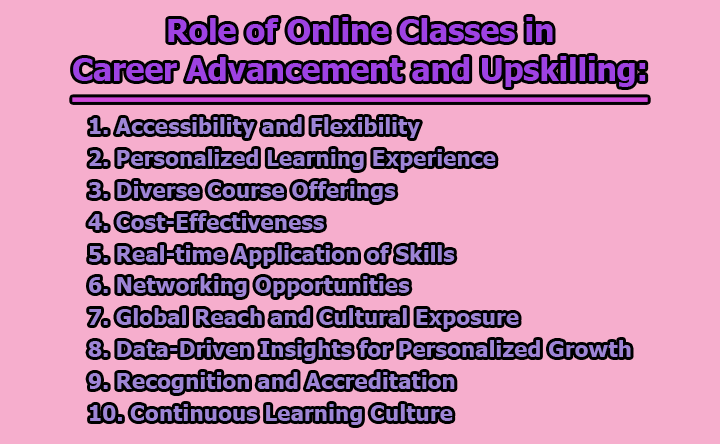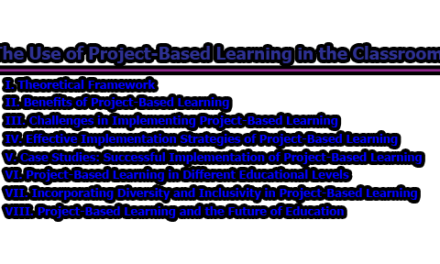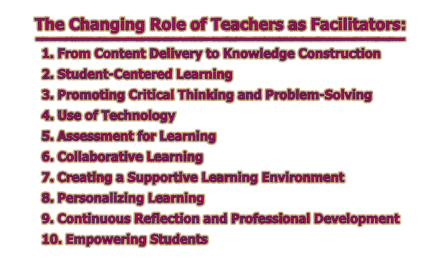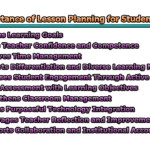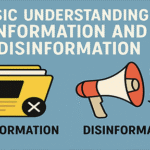Role of Online Classes in Career Advancement and Upskilling:
In the rapidly evolving landscape of the 21st century, traditional career paths are being reshaped by technological advancements and the constant need for upskilling. Online classes have emerged as a pivotal force in this paradigm shift, offering professionals and aspiring individuals unprecedented opportunities for career advancement. In this article, we will explore the multifaceted role of online classes in career advancement and upskilling.
1. Accessibility and Flexibility: One of the primary advantages of online classes is the democratization of education. The accessibility of learning materials and courses has been revolutionized by the internet, allowing individuals from diverse backgrounds and geographical locations to access high-quality education. This democratization breaks down barriers to entry, enabling anyone with an internet connection to pursue professional development.
Online classes also provide unparalleled flexibility. Learners can engage with course content at their own pace, fitting education into their existing schedules. This flexibility is particularly beneficial for working professionals, parents, or individuals with other commitments, as it allows them to balance learning with their daily responsibilities.
2. Personalized Learning Experience: Online classes leverage technology to offer personalized learning experiences, catering to individual learning styles and preferences. Adaptive learning platforms use algorithms to tailor the curriculum to the learner’s strengths and weaknesses, ensuring a more efficient and effective learning process. This personalized approach enhances comprehension, retention, and application of knowledge, ultimately contributing to a more impactful upskilling journey.
3. Diverse Course Offerings: The digital realm has witnessed an explosion of online courses covering a wide array of subjects and industries. From technical skills like programming and data analysis to soft skills such as leadership and communication, online classes provide a diverse range of courses. This diversity allows individuals to target specific skills relevant to their career goals, fostering a holistic approach to upskilling.
Moreover, the availability of courses from renowned institutions and industry experts ensures that learners receive up-to-date and relevant information. The dynamic nature of online content reflects the rapid changes in industries, ensuring that professionals stay ahead of the curve.
4. Cost-Effectiveness: Traditional education often comes with a hefty price tag, encompassing tuition, accommodation, and other associated expenses. Online classes, on the other hand, are generally more cost-effective. The absence of physical infrastructure and the ability to reach a global audience enable course providers to offer affordable alternatives without compromising quality.
Additionally, the reduction in commuting and accommodation costs for learners further contributes to the cost-effectiveness of online classes. This affordability not only democratizes education but also enables individuals to invest in their professional development without breaking the bank.
5. Real-time Application of Skills: Online classes often incorporate practical assignments, case studies, and projects that allow learners to apply their newfound knowledge in real-world scenarios. This hands-on approach ensures that individuals not only grasp theoretical concepts but also develop the practical skills required in their respective fields.
The integration of real-world applications into online courses bridges the gap between theory and practice, enhancing the overall efficacy of the learning experience. Employers increasingly value practical skills, and online classes provide a platform for individuals to showcase their abilities in a tangible manner.
6. Networking Opportunities: Contrary to the misconception that online learning is isolating, many online classes facilitate networking opportunities. Discussion forums, virtual meetups, and collaborative projects bring learners together, fostering a sense of community. This digital networking is invaluable for career advancement, as it enables individuals to connect with peers, mentors, and industry professionals from around the globe.
Networking through online classes opens doors to new perspectives, opportunities, and potential collaborations. Building a virtual professional network can be as impactful as traditional networking events, providing a platform for individuals to share insights, seek advice, and even discover job opportunities.
7. Global Reach and Cultural Exposure: Online classes transcend geographical boundaries, offering learners the chance to access courses and collaborate with individuals from diverse cultural backgrounds. This global reach not only enriches the learning experience but also exposes individuals to different perspectives and approaches prevalent in various industries worldwide.
The ability to engage with a global community broadens horizons, fosters cultural sensitivity, and enhances adaptability—traits highly valued in today’s interconnected global economy. Exposure to different work cultures and methodologies through online classes contributes to a well-rounded skill set, making individuals more versatile and resilient in an international professional environment.
8. Data-Driven Insights for Personalized Growth: Online learning platforms often leverage data analytics to track learners’ progress, engagement, and performance. This data-driven approach provides valuable insights that can be utilized to tailor the learning experience further. By analyzing learner behavior, online classes can recommend additional resources, suggest personalized learning paths, and identify areas for improvement.
Individuals benefit from this data-driven feedback loop by receiving targeted guidance, enabling them to address weaknesses and build on strengths. The personalized growth facilitated by data analytics ensures that the time spent on online classes is optimized, resulting in a more efficient and impactful upskilling journey. This data-driven approach aligns with the broader trend of leveraging analytics in various industries and reinforces the relevance of online classes in the contemporary professional landscape.
9. Recognition and Accreditation: As online education gains widespread acceptance, the stigma surrounding non-traditional learning methods is dissipating. Many reputable institutions and organizations now offer online courses with certifications and accreditations that hold weight in the job market. These credentials signify to employers that the individual has acquired specific skills and knowledge, validating their expertise.
The recognition of online courses by industry leaders and professional associations further underscores the credibility of online education. As a result, individuals completing online classes not only gain valuable skills but also earn credentials that enhance their marketability.
10. Continuous Learning Culture: The fast-paced evolution of industries demands a continuous learning mindset. Online classes instill this culture of lifelong learning by providing a platform for individuals to upskill and adapt to changing trends. The accessibility and flexibility of online education make it conducive to incorporating learning into one’s routine, fostering a habit of continuous improvement.
Employers increasingly value employees who actively seek opportunities to enhance their skills, and a continuous learning culture cultivated through online classes aligns well with the demands of the modern workplace. It positions individuals as proactive contributors to their professional growth and the success of their organizations.
In conclusion, online classes play a pivotal role in shaping the future of career advancement and upskilling. From providing accessibility and flexibility to offering diverse course options, these digital learning platforms empower individuals to take charge of their professional development. The cost-effectiveness, real-time application of skills, networking opportunities, and recognition associated with online education contribute to its transformative impact on career trajectories.
As the digital landscape continues to evolve, online classes are poised to become even more integral to the development of a skilled and adaptable workforce. Embracing the opportunities presented by online education is not just a choice; it is a strategic decision for individuals committed to thriving in the dynamic and competitive world of contemporary careers.

Assistant Teacher at Zinzira Pir Mohammad Pilot School and College

